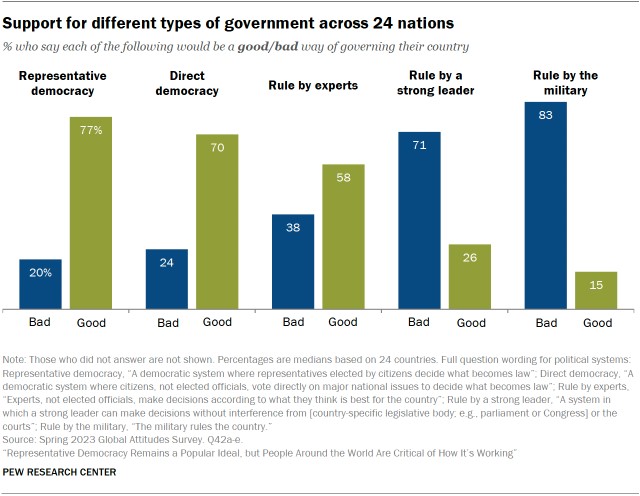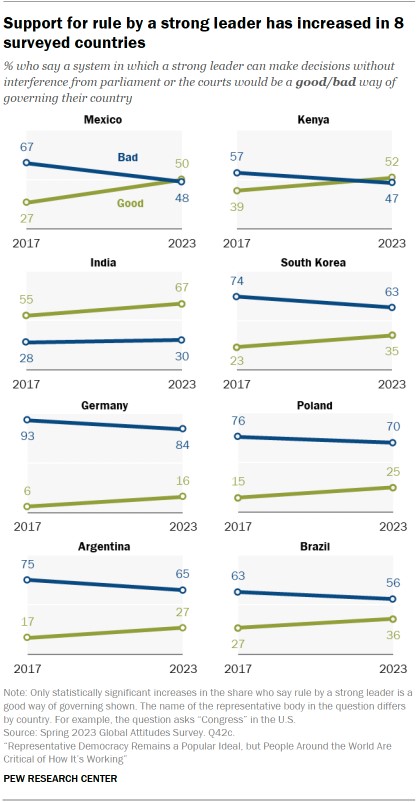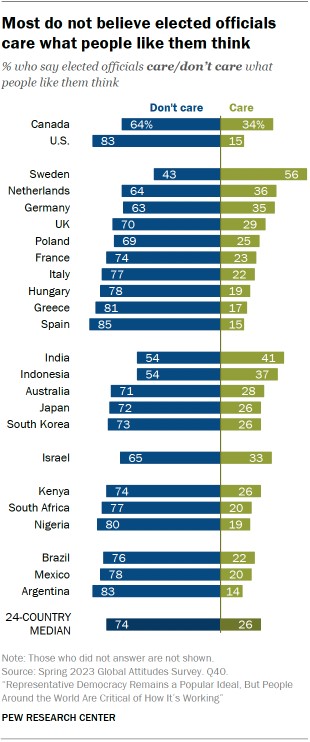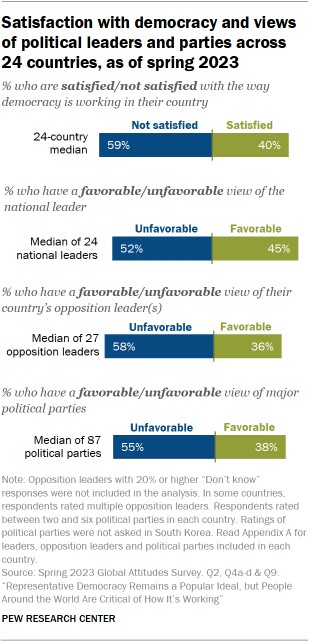On February 24, 2024, the Indian Overseas Congress USA confirmed the appointment of new officers for the Karnataka Chapter during their inaugural dinner ceremony held at the Five Star Banquet Hall, Long Island City, New York. This chapter will work under the leadership of Sri Rajiv Gowda, an experienced advocate who has dedicated his life to fighting for equality, fairness, and democratic principles.
Sri Harbachan Singh, Secretary General, IOC USA, opened the event with greetings and remarks, “Congratulations to Sri Rajiv Gowda, today marks a momentous occasion as we embark on this journey under your capable leadership. Your ability to assemble such outstanding team speaks volumes, and I am eager to witness the remarkable achievements that await us, especially with the Lok Sabha elections in the horizon. The upcoming Elections are particularly important, and we will communicate with each other to ensure we are in sync with the voters of India and support their yearnings for a change in the status quo. We need every voter to participate and support the Indian National Congress so democracy can be saved for everyone today and future generations.”
Vice Chairman of IOC USA, Sri George Abraham, addressed the gathering and highlighted India’s dire current political situation and the apparent threat to democracy and free and fair elections. Sri Abraham introduced the new president of the Karnataka Chapter and said, “It is my distinct pleasure to have the Karnataka Chapter officially on board to help us in the people’s fight to retake our beloved country from those who want to foster and facilitate discrimination, division, and a blatant disregard for freedom in our motherland.”
In his address via Zoom, IOC Global Chairman Sri Sam Pitroda offered a heartwarming congratulations and introduction. He said this chapter’s presence marks a particular moment in our collective mission, “I stand with unwavering pride to extend my heartfelt congratulations to you and your team. Your dedication has formed a new bedrock for the INC and is poised to be a loyal advocate for democracy in India. The Karnataka Chapter will resonate as a powerful voice, upholding the fundamental principles of democracy, justice, freedom, equality, fraternity, and secularism, regardless of caste, language, or religion.” Sri Pitroda specifically commented on the crucial timing as the INC is poised to shape the future of India, particularly in the 2024 Lok Sabha elections. He said, “the recent Supreme Court ruling on electoral bonds, farmer unrest, and encroachments on civil liberties serve as stark reminders of the challenges facing Indian democracy. Yet, united as a cohesive force, we possess the power to cause meaningful change. Through our collaboration, we will thwart any further attempts to erode the democratic fabric of India.”
In a taped video message, Dr. Arathi Krishna, charge secretary of the All-India Congress Committee IOC, offered a warm welcome and congratulated Sri Rajiv Gowda. She said, “You are bringing a unique experience to the IOC USA family, and we are confident that the newly organized chapter will soar to success under your leadership. Karnataka’s decisiveness in the state elections sent a powerful message to the nation under the leadership of CM Sri Siddaramaiah and Deputy CM Sri D.K. Shivakumar. Our democracy is in crisis, and we must stand shoulder to shoulder to fight for a win in the upcoming Lok Sabha elections.”
IOC USA President Sri Mohinder Singh Gilzian, who is in India on an important INC work via phone, congratulated Sri Rajiv Gowda and wished him and his team a successful inaugural event as you earnestly start working this election year.
Senior leaders Sri John Joseph- Sr. VP/IOC USA, Sri Baldev Randhav – VP/IOC USA, Malini Shah, VP/IOC USA, Sri Sharat Vemuganti- General Secretary/IOC USA, Rajeshwara Reddy – President Telangana Chapter, Ram Gadula -Chair Telangana Chapter, Amer Sing Gulshan- President Haryana Chapter, Leela Maret- President Kerala Chapter and Dr. Joshua Jaya Singh-President Tamil Nadu Chapter addressed the gathering and congratulated Sri Rajiv Gowda.
Sri Rajiv Gowda, the newly appointed president, thanked everyone for the opportunity to serve Indians everywhere and the tremendous responsibility he is ready for. In his remarks, Sri Rajiv Gowda said, “India is the largest democracy in the world and must stand as a beacon for all others who dream of living in a democratic country. As a democracy, we cannot be afraid of those who abuse the power given to them by the people. Instead, when they abuse that power, the people must take it back from them and give it to those that will strive to create a unified India, an India that can truly emerge on the global stage as a rights-respecting democracy.”
Yamuna Nagaraj and Thomas Matthews were appointed as General Secretary and Treasurer, while Manoj Mulki assumed the role as Joint Secretary. Abhishek Harish, Nivedita Chandrappa, Mohammad Sahada were appointed as members of the Executive Committee. Newly appointed Nikhil Thagdur- Joint Secretary, Indira Reddy – President, Mahila Congress, Govindaraj and Madhu Iyer – executive board members were unable to attend the event.
The event was packed with senior party officers, Kannada Association leaders and media outlets including Sakshi TV and TV Asia, progressed into lamp lighting, enchanting classical dance, Mysuru Jathi and Varaha Roopam by Mayuri Karanth, release of souvenir and vote of thanks by Thomas Matthews.

 Views on representative democracy
Views on representative democracy Support for a government where a strong leader can make decisions without interference from courts or parliaments has increased in eight of 22 nations since 2017.
Support for a government where a strong leader can make decisions without interference from courts or parliaments has increased in eight of 22 nations since 2017. One factor driving people’s dissatisfaction with the way democracy is functioning is the belief that politicians are out of touch and disconnected from the lives of ordinary citizens.
One factor driving people’s dissatisfaction with the way democracy is functioning is the belief that politicians are out of touch and disconnected from the lives of ordinary citizens. rate major national leaders and parties. Opinions on these questions may have shifted since the survey was conducted in spring 2023, but the overall results provide a relatively grim picture of the political mood in many nations. (Refer to
rate major national leaders and parties. Opinions on these questions may have shifted since the survey was conducted in spring 2023, but the overall results provide a relatively grim picture of the political mood in many nations. (Refer to